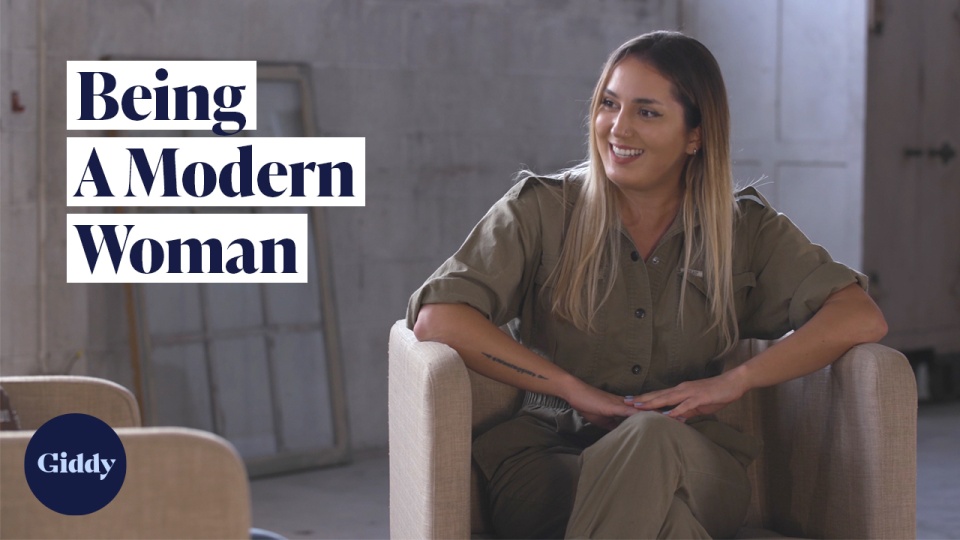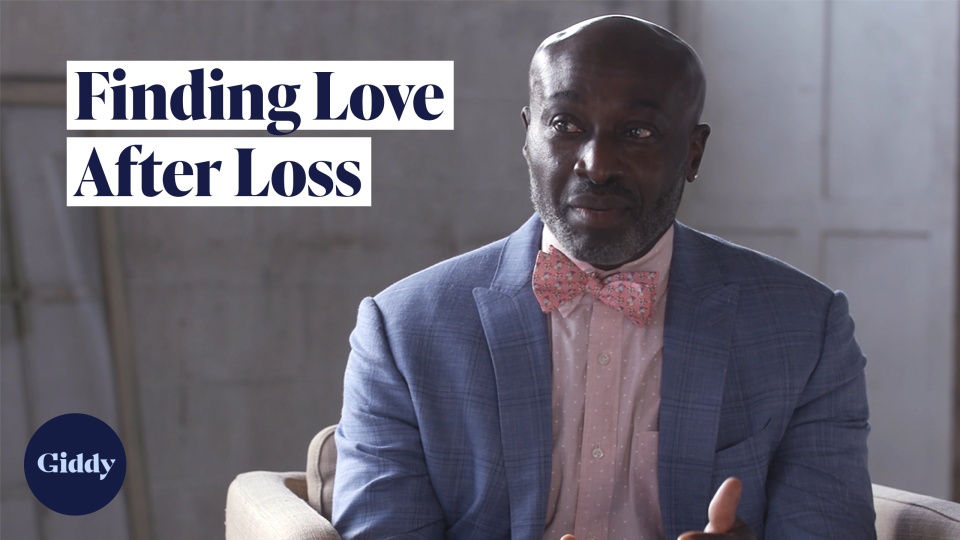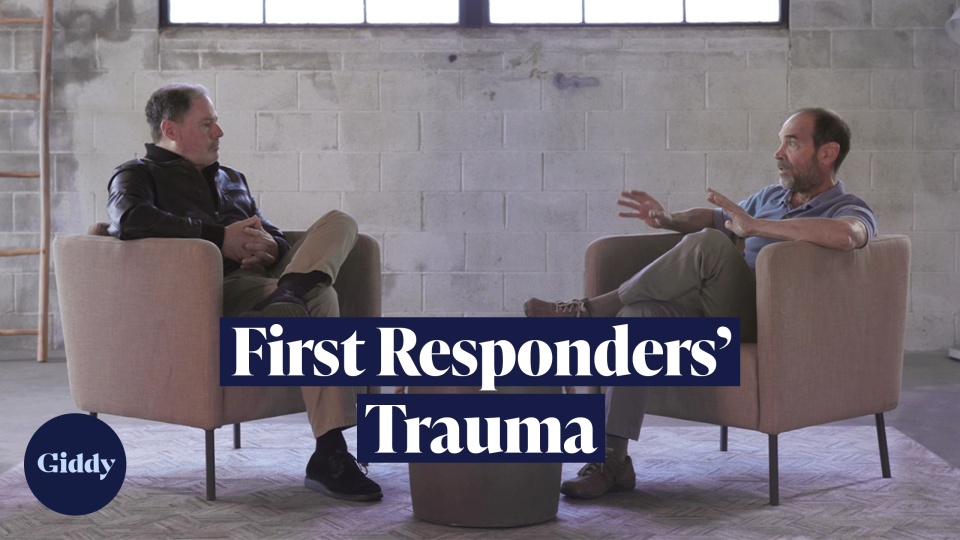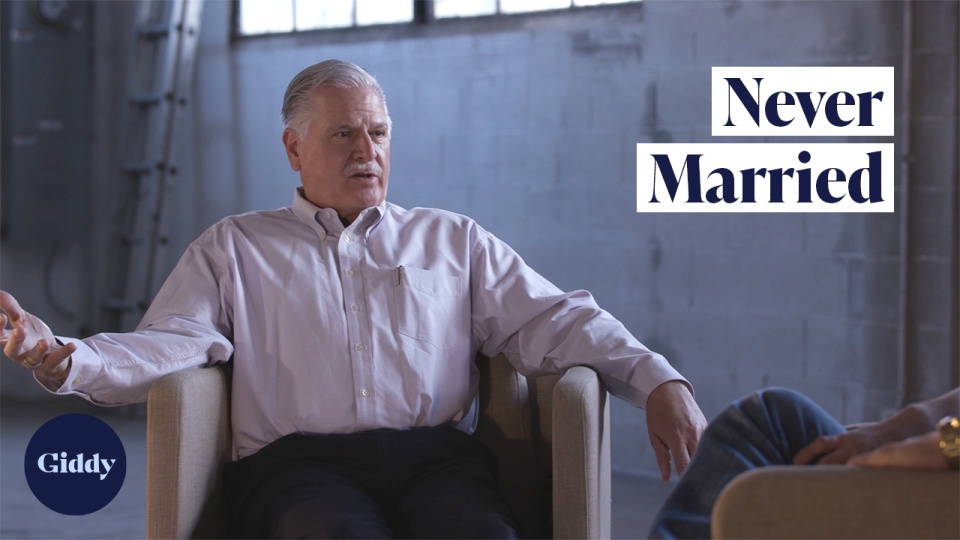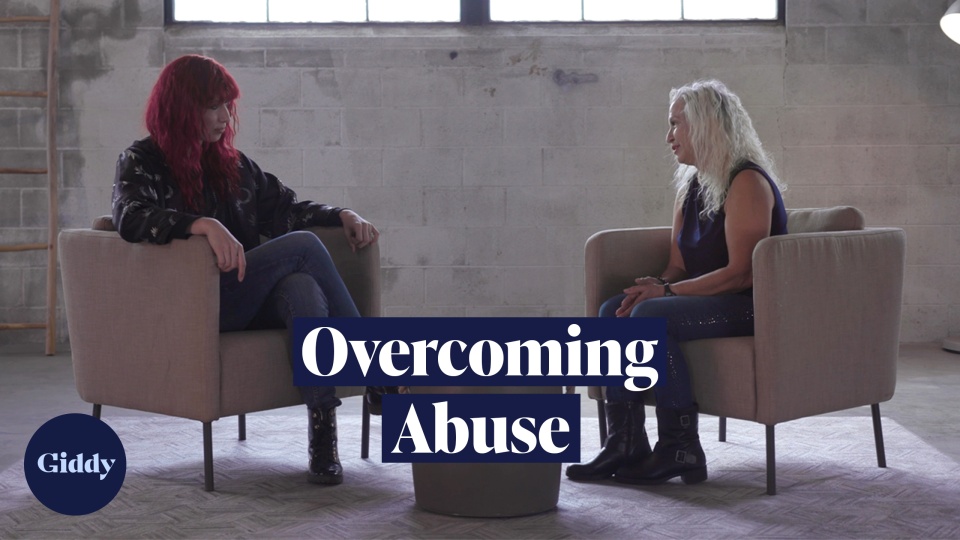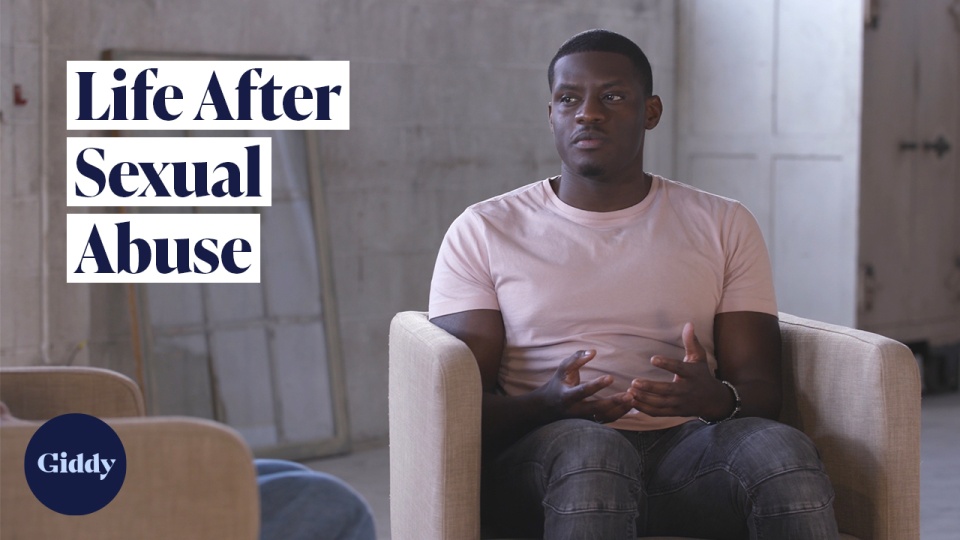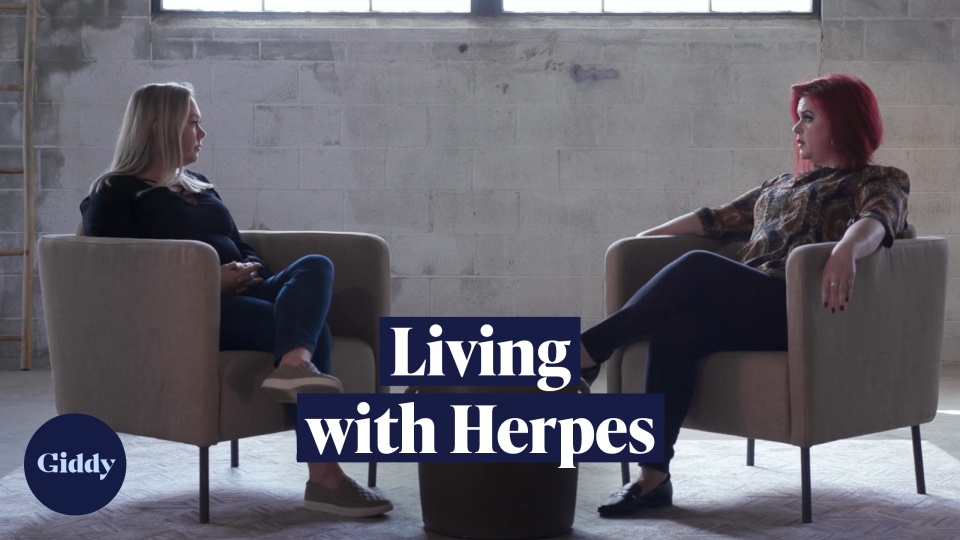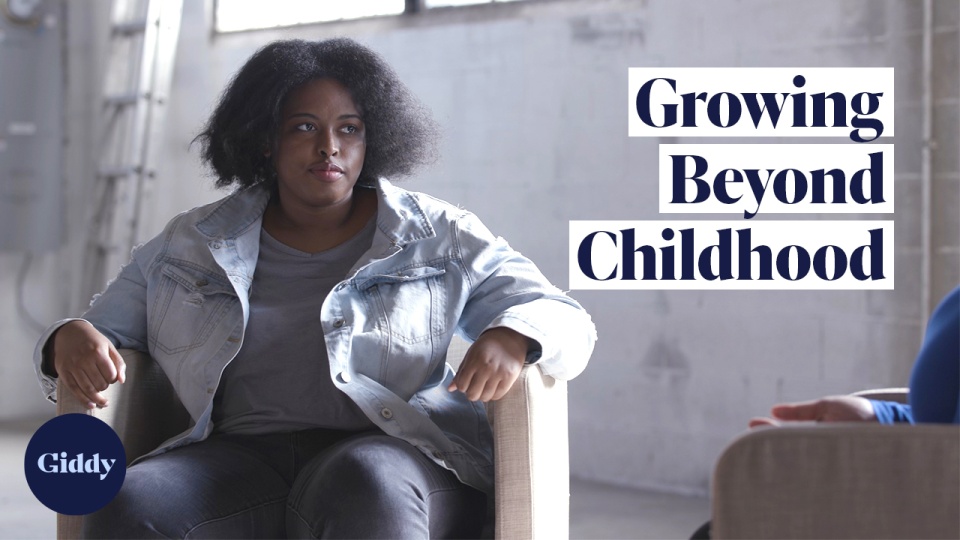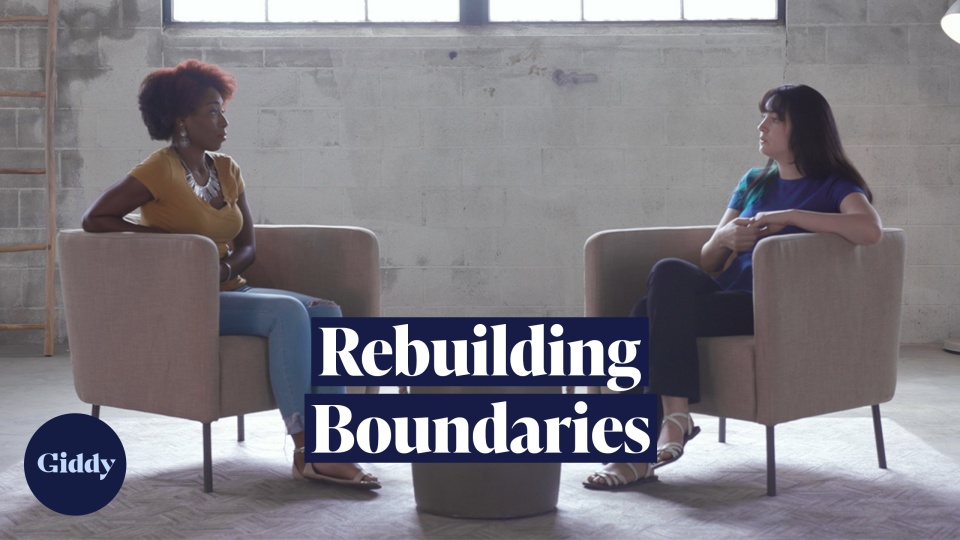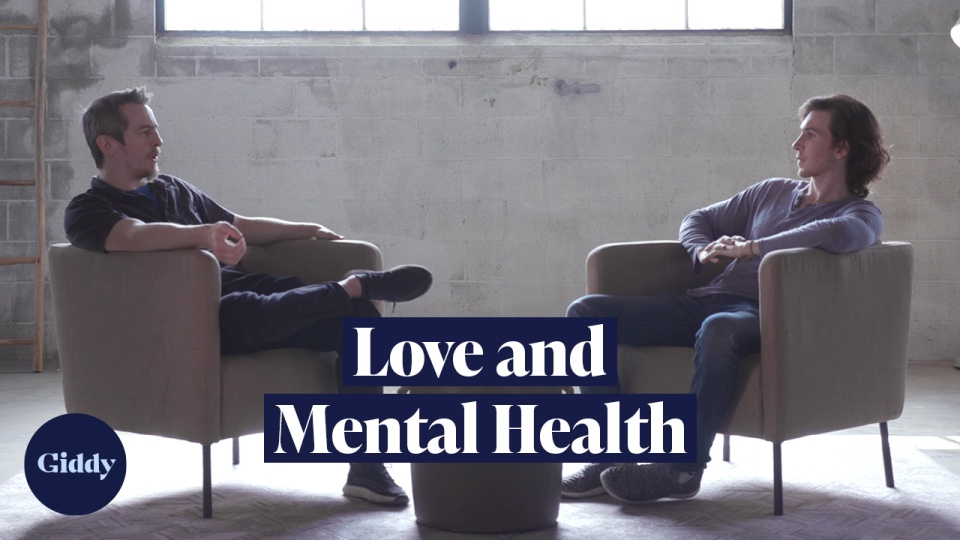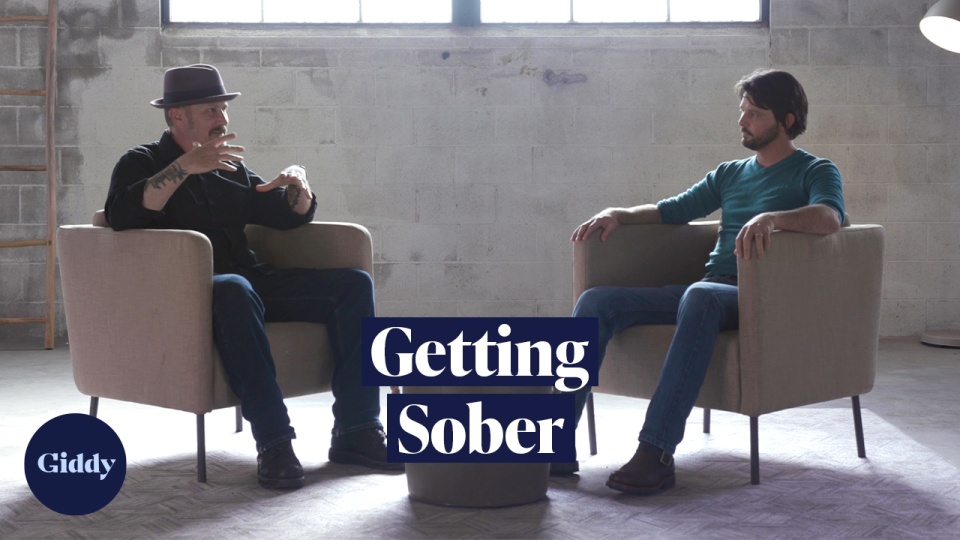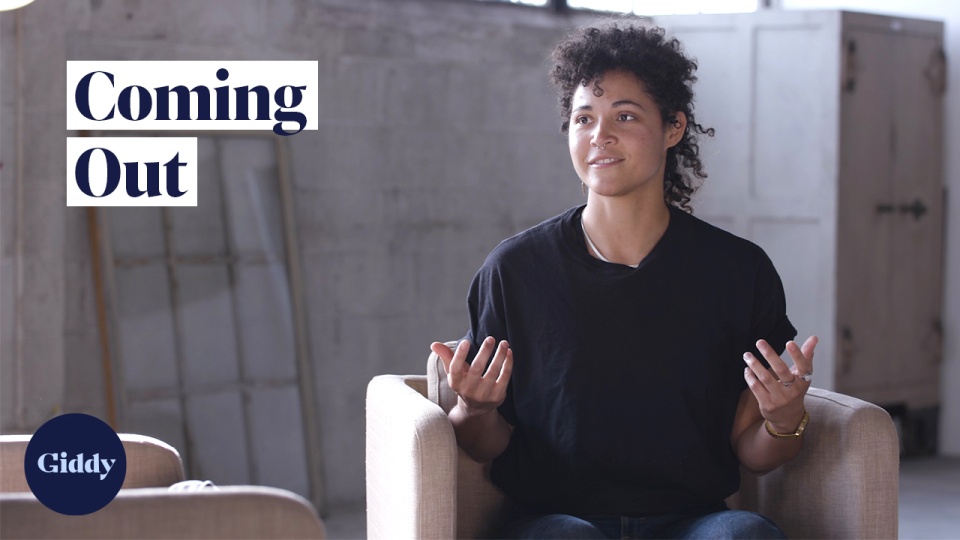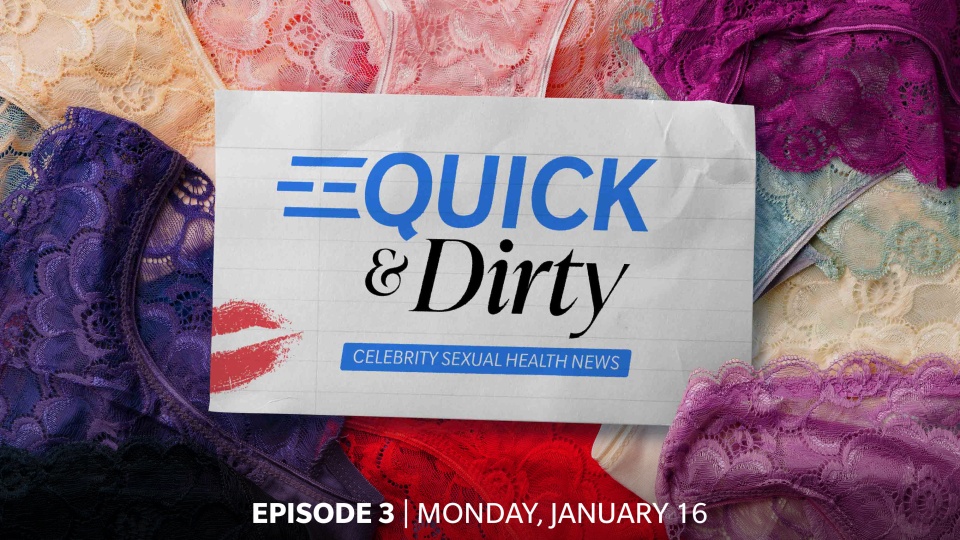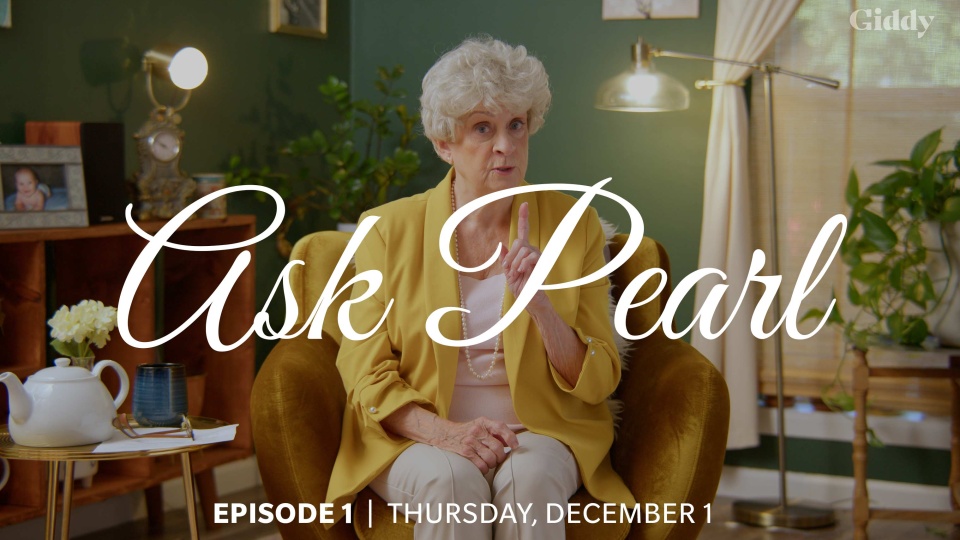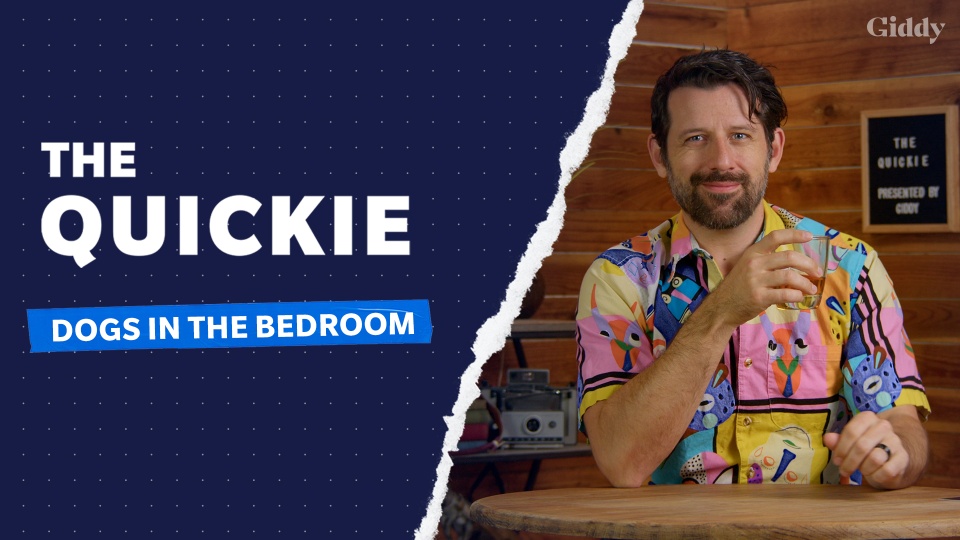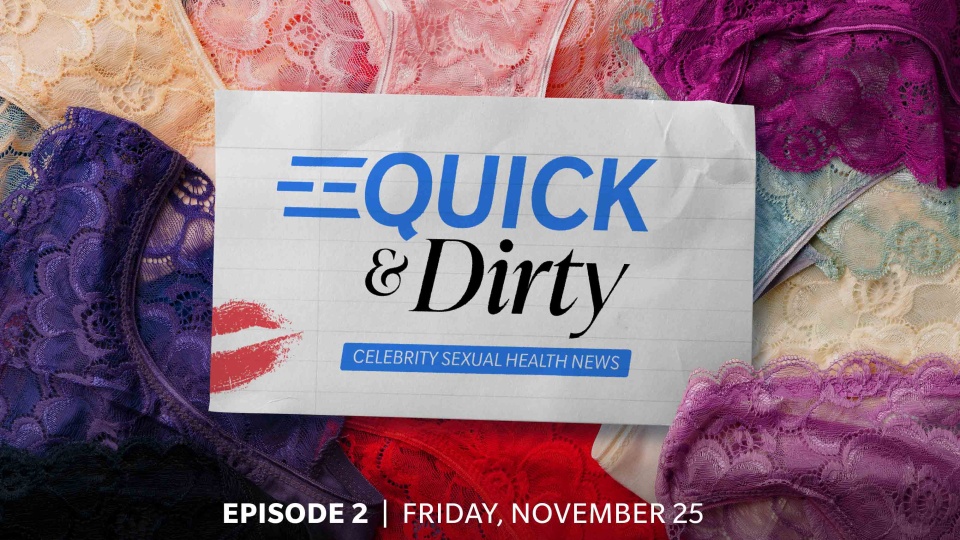Up Next
'I’m Not Going To Give Up': Life After Sexual Abuse
Two survivors, Ian and Duante, discuss coping with childhood sexual abuse and growing from their traumatic experiences.
More about this episode
A Conversation with Ian and Duante
In this episode, Ian and Duante sat down to discuss life after childhood sexual abuse. Duante was first molested at a young age by a family member, followed by his mother's boyfriend. Rather than protect and defend her own son, Duante's mother reacted with anger toward him. This frightened Duante and led to years of silence as the abuse continued. Throughout his teens and early 20s, Duante sought out sexual situations that reminded him of his childhood abuse, because he wanted to recreate those experiences on his own terms.
Ian's father sexually abused his sisters and forced him to watch the horrific acts— often times attacking Ian if he refused. Lacking a loving father figure, Ian turned to one of his mentors for affection. However, that relationship became sexual and Ian never received the attention he desired. Ian believes his trauma has made it difficult to differentiate the meaning of a friendship, mentorship, and a relationship.
Both men are gradually making peace with their traumatic pasts, and believe seeking therapy/professional help is a key component to healing. Their advice for others who are going through similar situations: don't give up.
Transcript
I was molested twice when I was younger. The first time was by a family member, and the second time was by my mom's boyfriend. Both of those times, nothing really happened to the person who did what they did to me. When I was in my situation, I got in trouble when I told someone what happened to me. And my mom, at the time, was very upset because she's like, "you told somebody what happened in our house?" Her priority became getting back the person who went to Child Protective Services. I was not even a priority.
As other things continued to happen to me, I didn't even tell her because I'm like, well, if I do tell her, what's going to happen to me? After those times of me being molested, as I continued to grow up, I was approached a lot by older men who asked me to do inappropriate sexual things. And over time, it changed from something that I just dealt with and accepted to something that I started to crave.
Through my teen years and my early 20s, I became very sexually promiscuous because I was seeking out those situations versus those situations coming to me. It was almost like I was trying to recreate the first two instances that I experienced, but just trying to recreate it on my terms. What I noticed was when it came time for me to actually be intimate with two consensual adults who want to enjoy each other and experience each other, that was something that didn't really work for me.
I can relate to a lot of your stuff. I'm a little bit further down the journey than you are because I'm 50. But when I was about eight, my dad was a sexual sadist himself. I witnessed my father having sex with a dog. When I said something, he would beat me up. Having sex with my sisters, both of them, and I was forced to watch that, or I would get beaten. And it caused a lot of—I think I get my stuttering problem from that.
Oh, no.
I do. Going through the years, I've always been kind of bi-curious myself. And so I developed a relationship with a guy who was supposed to be my mentor, and that turned sexual. And I didn't want it to, because I really just wanted a dad. You know?
Right.
My fear of being in a relationship or my issue that I find when I'm in relationships—although I am at a better place where I can turn off my sexual promiscuity, I do it because I know it's the right thing to do, but not because I don't enjoy it. Because I've done it for so long, I really enjoy the sexual experiences that I have, the way that I have had them. And the issue that I have with getting in a long-term relationship like that—although I may find somebody that I am attracted to and that I have feelings for, I just don't think I'm going to want to have sex with them because it's not in that capacity that I'm used to or that drives me. Do you feel like that?
I did at first. And actually, my therapist said my experiences and the depression that I feel is what's driving the not wanting to have sex. It's not because there's something wrong with me. I can honestly say that my past haunts me. It does. What happened to me, it's still with me. It never goes away.
There are times where I wake up in the middle of the night, and I talk to ghosts—not literally, but it's like, I feel the experiences are there, so I kind of go through it when I'm waking up. But I've learned to embrace it.
Everything that you went through in your life, you are at a great place now, but it took you a very long journey, right? So let's say if you met a 15-year-old, or just a younger you. What would you say to them? What advice would you give them so that they could get to a place of healing faster without having to maybe go through all the hurdles that you went through?
Don't give up. Giving up is the worst thing you can do to yourself. I mean, not just socially, but emotionally, spiritually. I've been teaching for 15 years. And one thing I've learned about students is that 9 times out of 10 when they drop out, it's because they can't see a way forward.
That's a true thing in life. I gave up for so many years. How are you able to put a roof over your head if you, yourself, are haunted on a very spiritual level? Be nice to yourself. Be kind to you. And say it over and over again until you believe it, that nothing happened when you're a kid is your fault.
Where you can improve, I believe, is if you have given up, you can always say, I'm not going to give up anymore, and then do it. And then if you give up, then it's OK. Then you just say, I'm not going to give up anymore, and then you just do it.
Right, start all over again.
And then it becomes a mantra.
In my case, I just didn't feel like—first of all, I didn't feel like what happened to me was a big deal because nobody made it a big deal. I just thought that this is how it goes for me.
Yeah, I know. I felt the same way.
Yeah. I just felt like if I would have understood that, no, it doesn't have to be this way—you can stand up for yourself, and you can say, "no, I will not allow you to take advantage of me sexually. I will not be your servant. I will not allow these things to happen." If I understood that I had the right to say that, I could have avoided going down this long path that I've been on and that I've now normalized.
But here's the thing about sexual abuse, is that once it happens, we as people need compartments in our head in order to be able to make sense out of life. And we need to be able to categorize things and say you are my friend, you are my dad, you're my—whatever it is. Oh, and I find you very attractive, but in the different compartments.
When you get sexually abused, it takes all of us and throws it into one big pile in the middle of the room. And you can't sort through it. You don't know who your sexual partners are. You don't know who your friends are. It could be your family. They could be—you don't know. You don't have a filter anymore.
I used to have my wife say stuff to other people because I would say stuff…I would just blurt stuff out. So she would be my voice. Because I was so scared I'd say something inappropriate. I don't really have that fear anymore because I was able to—with help with therapy and medicine—able to put my compartments back together straight in my head.
I know who my sexual partner is. That's my wife, no one else. I don't want anyone else. And so it's a great feeling to go out there in the world and realize your worth. I got someone who thinks I'm hot, which I don't know if I agree with. And I think she's hot, and I'm sure she thinks the same way.
So do you think that anytime somebody has had some type of abuse that occurs or trauma in their life, do you think that people should always seek therapy? Do you think people should try to self-heal?
You probably should seek therapy, and you should seek self-fulfillment on your own. And then you decide when it's enough. And you can always go back to it. If you leave therapy, it's not like, "I've left therapy. I'm a horrible person." If you leave therapy or change therapies, it's fine.
I was never even aware that the way that I was approaching sex and the way I was approaching intimacy and relationships was based off of this trauma that I experienced. Now that I'm aware of it, it's something that I guess I'm never going to give up on, trying to break away from those demons from my past and trying to get myself in a position where I can have a healthy adult intimate life that doesn't have to have that taboo or that inappropriate aspect to it in order for me to have fulfillment.
For more trusted sources on the topics that matter to you, go to getmegiddy.com.






